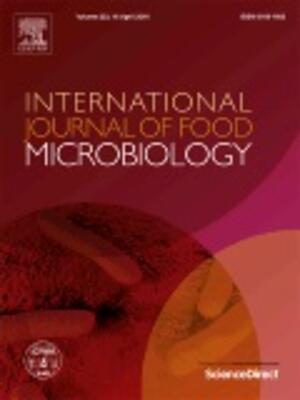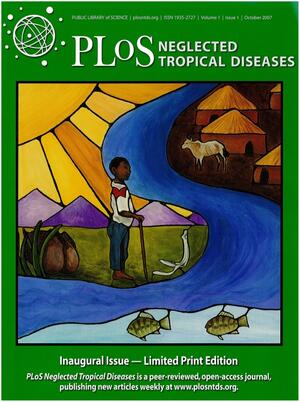
Food safety along informal pork value chains in Vietnam: Success and challenges from an interdisciplinary research team view
Abstract
Pork is widely consumed meat in Vietnam, making up 56% of total meat intake. While delivering significant benefits to smallholders who supply 80% of the market, pork could also cause substantial health consequences due to poor hygiene along the pork chain. To identify feasible interventions along the pork chain, a better understanding of disease risks is needed and addressed in an ongoing research project (PigRISK) presented here. PigRISK uses an interdisciplinary research approach, bringing together livestock economic, animal health, risk assessors, environmental and public health expertise targeting smallholder pig value chains in Hung Yen and Nghe An provinces, Vietnam. Selected technical achievements include value chain maps, hazard estimates (>40% of pork Salmonella contaminated) and health risks which will be presented. From an interdisciplinary research perspective and documented using outcome harvesting/mapping, PigRISK builds capacity on assessing health risks, value chains and also enhances collaboration among teams. This was achieved through providing the opportunity for researchers to work "day to day" across disciplines and institutions, a new experience for most of them. Challenges include high turnover of team members or analysis and synthesis of results outside the team member's common expertise. Interventions, currently developed, will be piloted in a second project phase.
Citation
Unger, F., Hung Nguyen-Viet, Lapar, L., Phuc Pham Duc, Pham Van Hung, Pham Hong Ngan, Barot, M. and Grace, D. 2016. Food safety along informal pork value chains in Vietnam: Success and challenges from an interdisciplinary research team view. Presented at the 4th International One Health Congress and 6th Biennial Congress of the International Association for Ecology and Health (One Health EcoHealth 2016), Melbourne, Australia, 3–7 December 2016. Nairobi, Kenya: ILRI.










